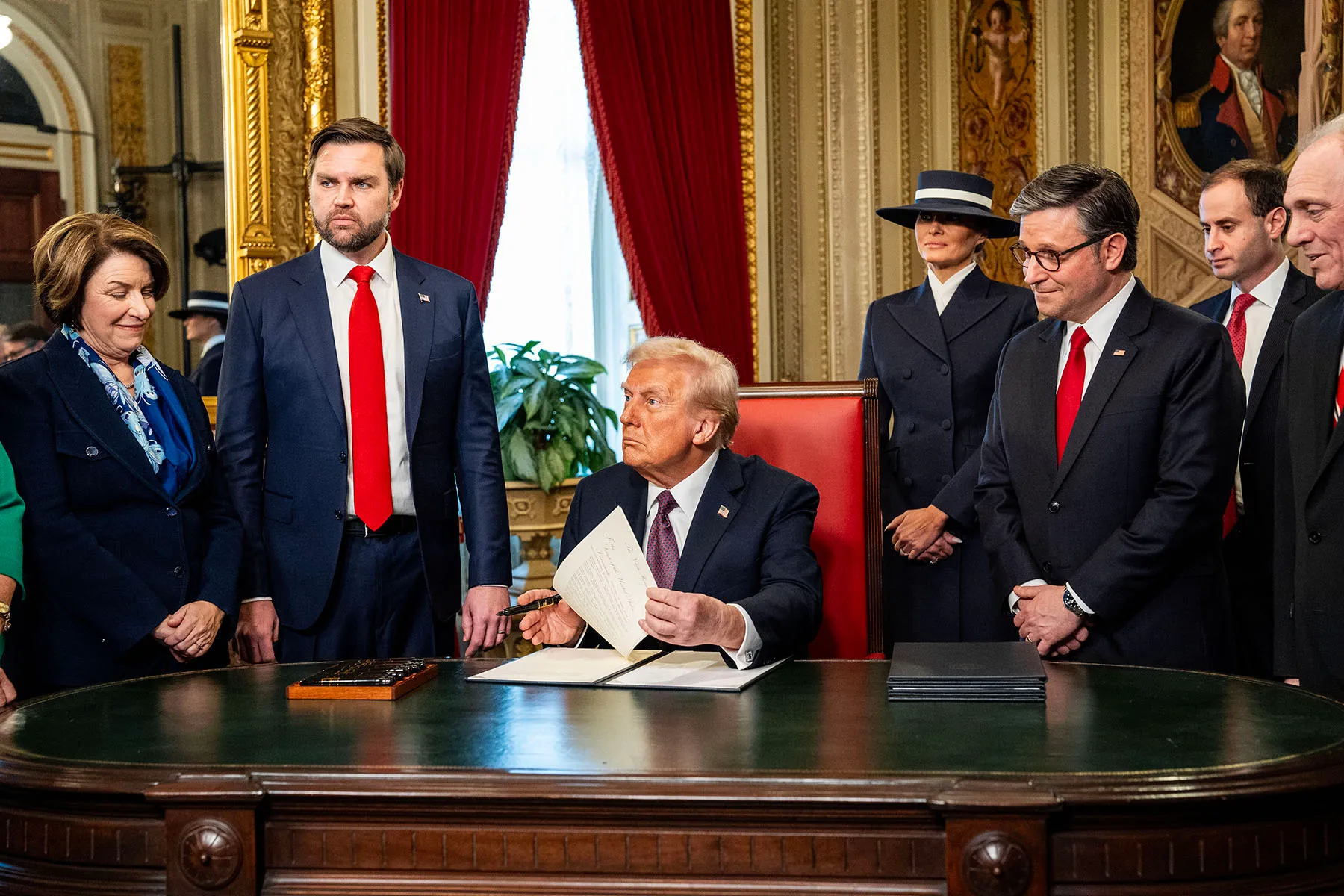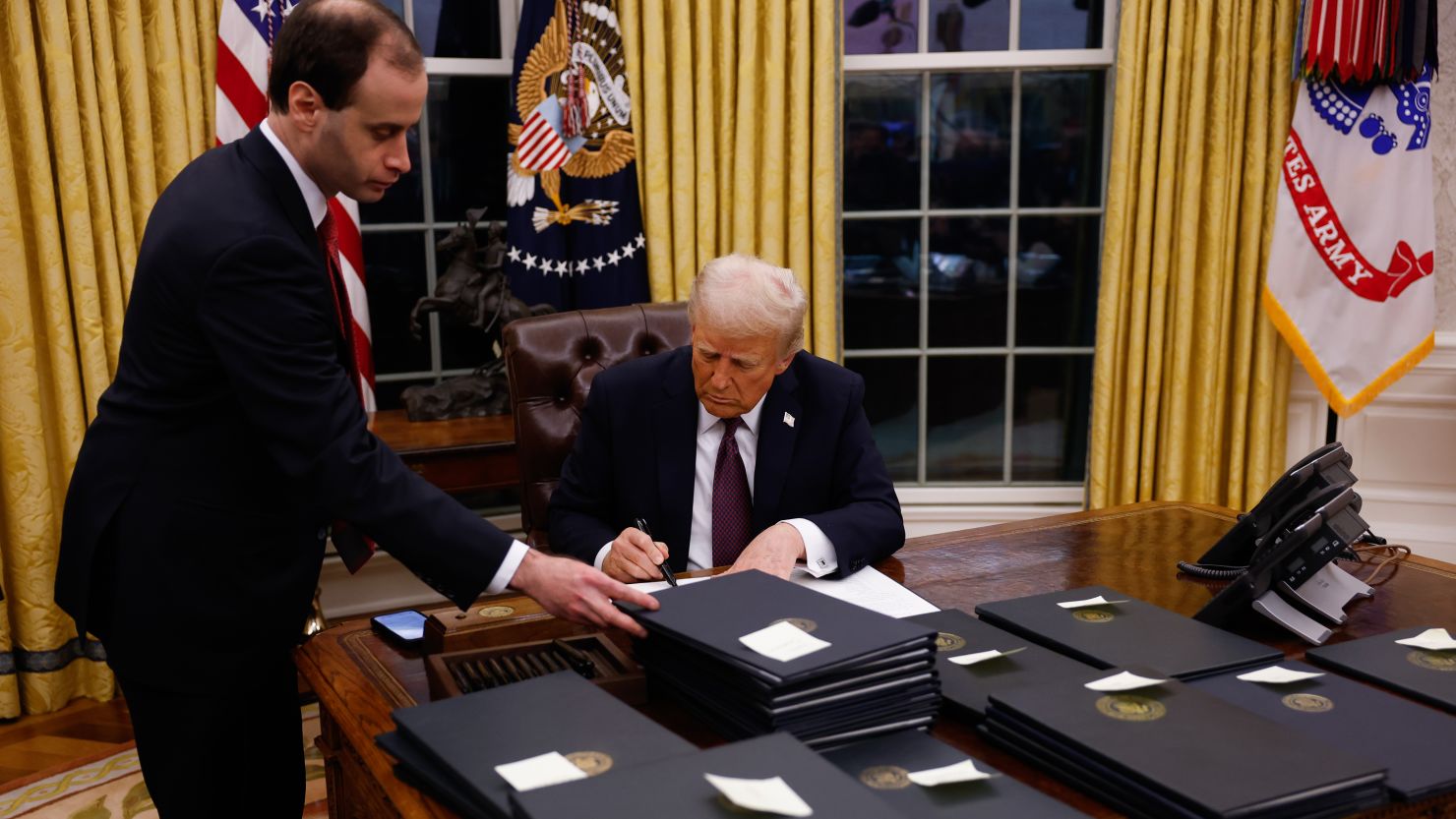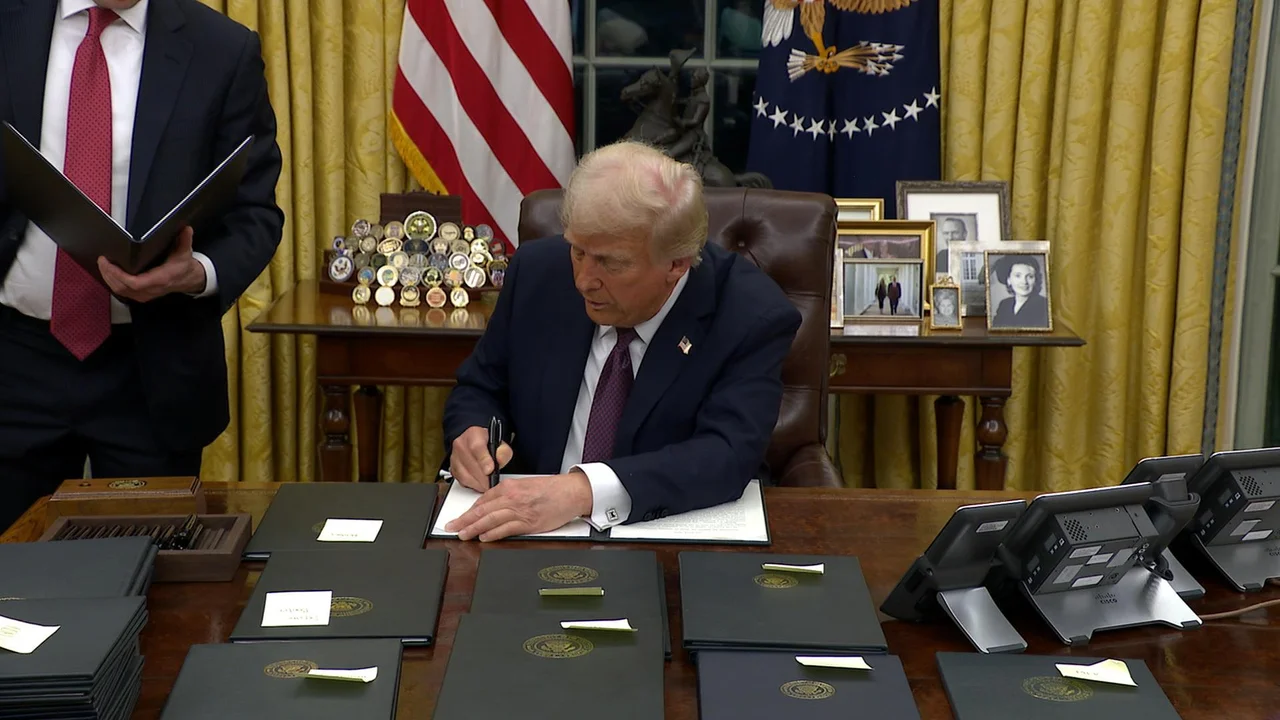A group of diversity, equity, and inclusion (DEI) advocates and civil rights organizations are pushing back against former President Donald Trump’s recent executive orders, which aim to “restore merit” across federal institutions.
Earlier this month, a sweeping federal lawsuit was filed by a coalition that includes restaurant workers, education officials, and the City of Baltimore. Represented by Democracy Forward attorneys, the group argues that Trump is leading a calculated “crusade to erase” DEI and accessibility efforts from U.S. government policy.
Multiple Legal Fronts Open in Fight Against DEI Rollbacks

On Wednesday, plaintiffs and Justice Department attorneys met in Maryland federal court to discuss the lawsuit. That same day, a second lawsuit was filed in the U.S. District Court for the District of Columbia. This complaint was submitted by the NAACP Legal Defense Fund and Lambda Legal, on behalf of various nonprofit advocacy groups.
In both legal battles, the plaintiffs are seeking immediate injunctive relief. Their primary request is for U.S. District Judge Adam Abelson to halt enforcement of Trump’s Executive Order titled “Ending Radical Government DEI Programs.”
While hearing the Maryland case, Judge Abelson showed clear interest in the plaintiffs’ constitutional arguments. Representing the plaintiffs, Aleshadye Getachew argued that the executive orders have a “chilling” effect on her clients’ First Amendment rights.
“Speech was chilled almost immediately after these orders were issued,” Getachew said.
Judge Abelson acknowledged the concern, stating: “What they’re saying is, we are being precluded from engaging in all kinds of speech … inclusivity, or the history of our country … being chilled from engaging in speech that we would otherwise be engaged in.”
Judge Reserves Ruling But Presses Justice Department for Clarity
Although Judge Abelson did not issue a temporary restraining order, he did question Justice Department attorney Pardis Gheibi on the timeline and clarity of the administration’s DEI strategy.
Gheibi insisted that it would be a “remarkable proposition” for the judiciary to prevent the president from directing the Attorney General to draft a policy on DEI programs, grants, and contracts.
Still, Abelson pressed further: Why not delay the termination of DEI-related contracts and grants until the administration clarifies its policy direction?
Ultimately, the judge said he would “take the motion under advisement” and was “not in a position to rule at this time.” However, he promised to endeavor to move as quickly as [he] can to address all the arguments that everyone has raised.
New D.C. Lawsuit Raises Stakes, Alleges Discrimination

Meanwhile, the new 101-page complaint filed in D.C. federal court challenges three of Trump’s executive orders:
- “Ending Radical and Wasteful DEI Programs and Preferencing”
- “Defending Women From Gender Ideology Extremism and Restoring Biological Truth to the Federal Government”
- “Ending Illegal Discrimination and Restoring Merit-Based Opportunity”
Plaintiffs argue the orders violate the First and Fifth Amendments and discriminate against Black and transgender individuals.
The lawsuit reads:
“Without evidence or support, the Trump Administration is using the power and resources of the federal government to launch a fullscale assault on DEIA – not only within federal agencies, but throughout the private sector in contravention of the Constitution and other federal laws,” the complaint says. “People of color, women, LGBTQ people, and people with disabilities served by Plaintiffs’ equity programs will be directly harmed by the Trump Administration’s discriminatory actions, as Plaintiffs face censorship of speech and termination of funding and activities that support and benefit vulnerable communities.”
Lawsuit Cites George Floyd Protests and “Merit” Stereotypes
The plaintiffs also draw a direct line between Trump’s past rhetoric and the current executive orders, referencing the nationwide protests following George Floyd’s death.
“As evidenced during his first term in office by his response to the mass demonstrations against systemic anti-Black racism after the police killing of George Floyd, President Trump has sought to quell any ensuing efforts to advance racial justice, including through DEIA initiatives,” the lawsuit says.
It continues:
“That singular focus has continued to his current Administration: the recent Executive Orders also suggest that DEIA programs are inconsistent with merit, and do so through their text, the aggressive messaging around them, and the way the Administration has implemented them.”
According to the complaint, Trump’s emphasis on “merit” serves as a coded attack on historically marginalized groups.
“Rather than acknowledging the need for DEIA programs to remove unfair barriers to opportunity for Black people and other excluded groups, the Executive Orders rely on these false stereotypes to support the baseless assertion that those programs provide racial preferences to unqualified Black people and other people of color. The Executive Orders simultaneously codify preferences for white people by suggesting that efforts to address racial inequity – for example, by ‘promoting diversity’ – are, by definition, reverse discrimination.”
White House Defends Executive Action as Return to Competence

In response to the mounting lawsuits, White House spokesman Harrison Fields told “Protecting the civil rights and expanding opportunities for all Americans is a key priority of the Trump Administration, which is why he took decisive actions to terminate unlawful DEI preferences in the federal government.”
Fields added“Every man and woman in this great country should have the opportunity to go as far as their hard work, individual initiative, and competence can take them. In America, grit, excellence, and perseverance are our strengths.”
As legal battles continue to unfold in two federal courts, the future of DEI policies under the Trump administration hangs in the balance with implications reaching far beyond Washington.



